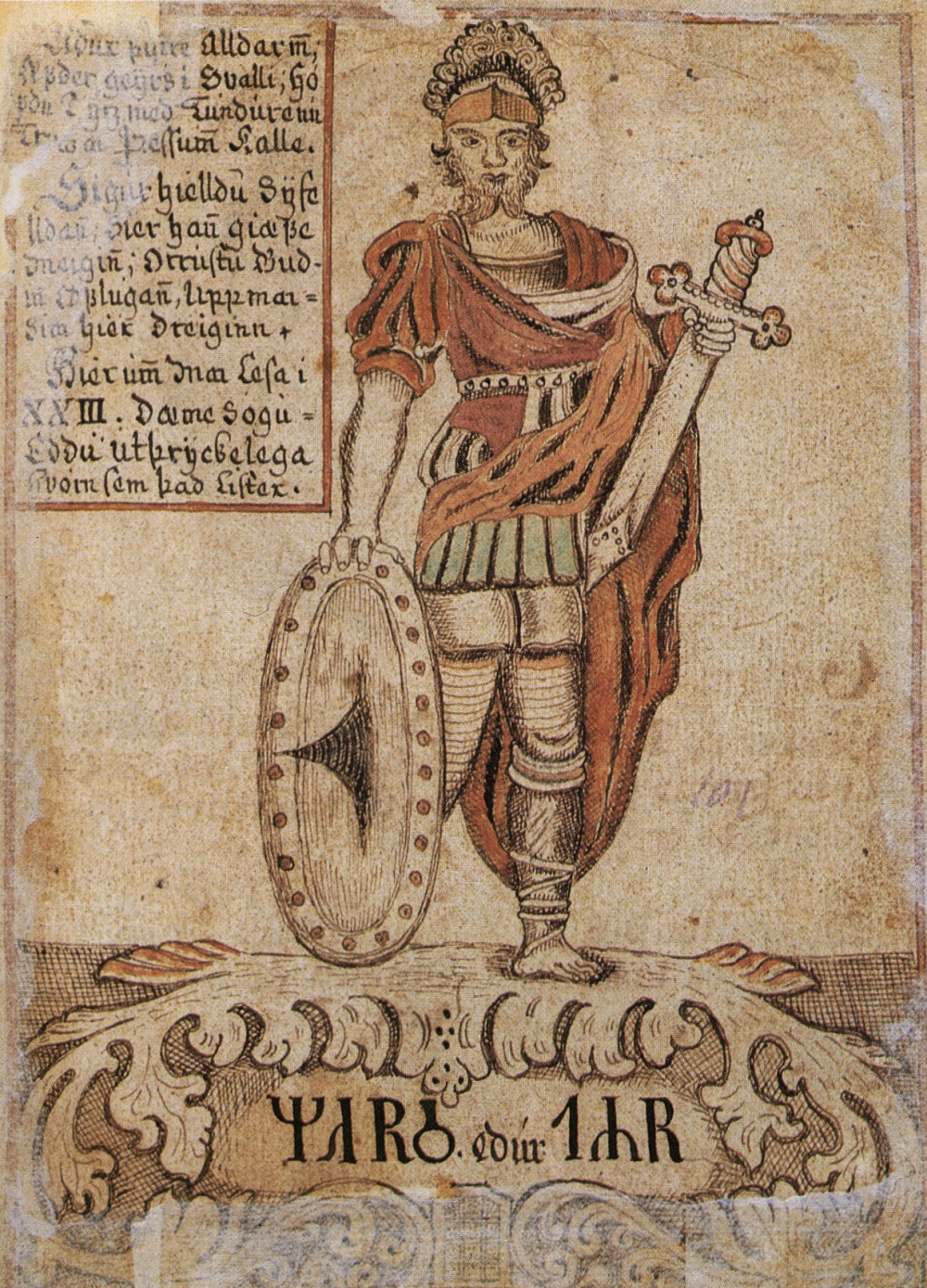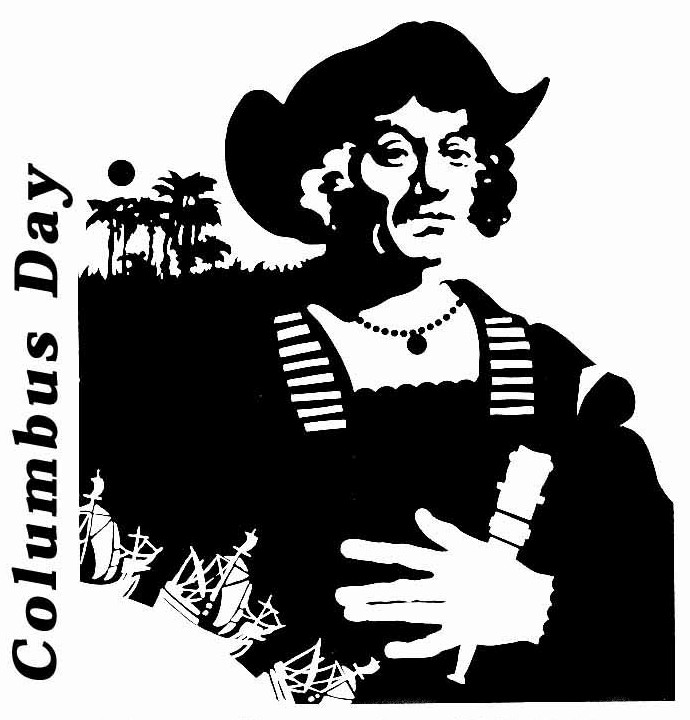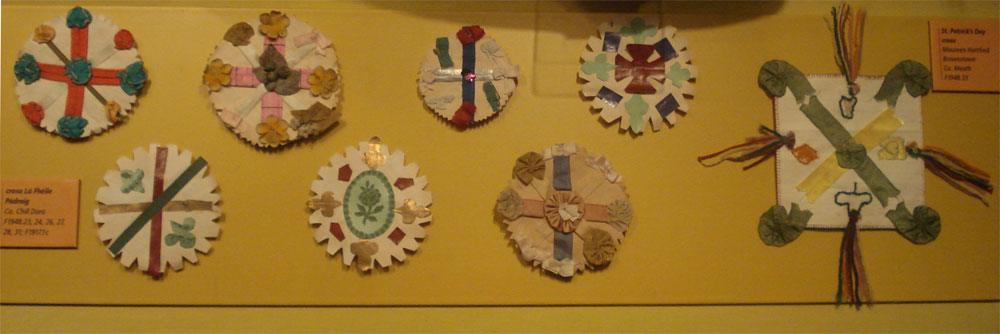|
Leap Year Starting On Sunday
A leap year starting on Sunday is any year with 366 days (i.e. it includes 29 February) that begins on Sunday, 1 January, and ends on Monday, 31 December. Its dominical letters hence are AG. The most recent year of such kind was 2012 and the next one will be 2040 in the Gregorian calendar or, likewise, 1996 and 2024 in the obsolete Julian calendar. This is the only leap year with three occurrences of Friday the 13th: those three in this leap year occur three months (13 weeks) apart: in January, April, and July. Common years starting on Thursday share this characteristic, in the months of February, March, and November. In this leap year, Martin Luther King Jr. Day is on January 16; Valentine's Day is on a Tuesday; Presidents' Day is on February 20; the leap day is on a Wednesday; Saint Patrick's Day is on a Saturday; Memorial Day is on May 28; Juneteenth is on a Tuesday; U.S. Independence Day is on a Wednesday; Labor Day is on September 3; Columbus Day is on its earliest po ... [...More Info...] [...Related Items...] OR: [Wikipedia] [Google] [Baidu] |
Sunday
Sunday is the day of the week between Saturday and Monday. In most Western countries, Sunday is a day of rest and a part of the weekend. It is often considered the first day of the week. For most observant adherents of Christianity, Sunday is generally observed as a day of worship and rest, recognising it as the '' Lord's Day'' and the day of Christ's resurrection; in the United States, Canada, Japan, the Philippines as well as in most of South America, Sunday is the first day of the week. According to the Hebrew calendar and traditional calendars (including Christian calendars) Sunday is the first day of the week; Quaker Christians call Sunday the "first day" in accordance with their testimony of simplicity. The International Organization for Standardization ISO 8601, which is based in Switzerland, calls Sunday the seventh day of the week. Etymology The name "Sunday", the day of the Sun, is derived from Hellenistic astrology, where the seven planets, known in E ... [...More Info...] [...Related Items...] OR: [Wikipedia] [Google] [Baidu] |
Tuesday
Tuesday is the day of the week between Monday and Wednesday. According to international standard ISO 8601, Monday is the first day of the week; thus, Tuesday is the second day of the week. According to some commonly used calendars, however, especially in the United States, Sunday is the first day of the week, so Tuesday is the third day of the week. In Muslim countries, Saturday is the first day of the week and thus Tuesday is the fourth day of the week. The English name is derived from Old English ''Tiwesdæg'' and Middle English ''Tewesday,'' meaning "Tīw's Day", the day of Tiw or Týr, the god of single combat, and law and justice in Norse mythology. Tiw was equated with Mars in the interpretatio germanica, and the name of the day is a translation of Latin ''dies Martis''. Etymology The name ''Tuesday'' derives from the Old English and literally means "Tiw's Day". Tiw is the Old English form of the Proto-Germanic god ''*Tîwaz'', or Týr in Old Norse. ''*Tîwaz'' ... [...More Info...] [...Related Items...] OR: [Wikipedia] [Google] [Baidu] |
Columbus Day
Columbus Day is a national holiday in many countries of the Americas and elsewhere, and a federal holiday in the United States, which officially celebrates the anniversary of Christopher Columbus's arrival in the Americas on October 12, 1492. Christopher Columbus ( it, Cristoforo Colombo ) was a Genovese-born explorer who became a subject of the Hispanic Monarchy to lead a Spanish enterprise to cross the Atlantic Ocean in search of an alternative route to the Far East, only to land in the New World. Columbus's first voyage to the New World on the Spanish ships ''Santa María'', ''Niña'', and ''La Pinta'' took about three months. Columbus and his crew's arrival in the New World initiated the colonisation of the Americas by Spain, followed in the ensuing centuries by other European powers, as well as the transfer of plants, animals, culture, human populations, and technology between the New and Old Worlds, an event referred to by some late 20th‐century historians as the Col ... [...More Info...] [...Related Items...] OR: [Wikipedia] [Google] [Baidu] |
September 3
Events Pre-1600 *36 BC – In the Battle of Naulochus, Marcus Vipsanius Agrippa, admiral of Octavian, defeats Sextus Pompey, son of Pompey, thus ending Pompeian resistance to the Second Triumvirate. * 301 – San Marino, one of the smallest nations in the world and the world's oldest republic still in existence, is founded by Saint Marinus. * 590 – Consecration of Pope Gregory I (Gregory the Great). * 673 – King Wamba of the Visigoths puts down a revolt by Hilderic, governor of Nîmes (France) and rival for the throne. * 863 – Major Byzantine victory at the Battle of Lalakaon against an Arab raid. *1189 – Richard I of England (a.k.a. Richard "the Lionheart") is crowned at Westminster. * 1260 – The Mamluks defeat the Mongols at the Battle of Ain Jalut in Palestine, marking their first decisive defeat and the point of maximum expansion of the Mongol Empire. * 1335 – At the congress of Visegrád Charles I of Hungary mediates a ... [...More Info...] [...Related Items...] OR: [Wikipedia] [Google] [Baidu] |
Labor Day
Labor Day is a federal holiday in the United States celebrated on the first Monday in September to honor and recognize the American labor movement and the works and contributions of laborers to the development and achievements of the United States. The three-day weekend it falls on is called Labor Day Weekend. Beginning in the late 19th century, as the trade union and labor movements grew, trade unionists proposed that a day be set aside to celebrate labor. "Labor Day" was promoted by the Central Labor Union and the Knights of Labor, which organized the first parade in New York City. In 1887, Oregon was the first state of the United States to make it an official public holiday. By the time it became an official federal holiday in 1894, thirty states in the U.S. officially celebrated Labor Day. Canada's Labour Day is also celebrated on the first Monday of September. More than 80 other countries celebrate International Workers' Day on May 1, the ancient European holiday of ... [...More Info...] [...Related Items...] OR: [Wikipedia] [Google] [Baidu] |
Independence Day (United States)
Independence Day ( colloquially the Fourth of July) is a federal holiday in the United States commemorating the Declaration of Independence, which was ratified by the Second Continental Congress on July 4, 1776, establishing the United States of America. The Founding Father delegates of the Second Continental Congress declared that the Thirteen Colonies were no longer subject (and subordinate) to the monarch of Britain, King George III, and were now united, free, and independent states. The Congress voted to approve independence by passing the Lee Resolution on July 2 and adopted the Declaration of Independence two days later, on July 4. Independence Day is commonly associated with fireworks, parades, barbecues, carnivals, fairs, picnics, concerts, baseball games, family reunions, political speeches, and ceremonies, in addition to various other public and private events celebrating the history, government, and traditions of the United States. Independence Day ... [...More Info...] [...Related Items...] OR: [Wikipedia] [Google] [Baidu] |
Juneteenth
Juneteenth is a federal holiday in the United States commemorating the emancipation of enslaved African Americans. Deriving its name from combining "June" and "nineteenth", it is celebrated on the anniversary of General Order No. 3, issued by Major General Gordon Granger on June 19, 1865, proclaiming freedom for slaves in Texas. Originating in Galveston, Juneteenth has since been observed annually in various parts of the United States, often broadly celebrating African-American culture. The day was first recognized as a federal holiday in 2021, when President Joe Biden signed the Juneteenth National Independence Day Act into law after the efforts of Lula Briggs Galloway, Opal Lee, and others. Early celebrations date to 1866, at first involving church-centered community gatherings in Texas. They spread across the South and became more commercialized in the 1920s and 1930s, often centering on a food festival. Participants in the Great Migration brought these cele ... [...More Info...] [...Related Items...] OR: [Wikipedia] [Google] [Baidu] |
May 28
Events Pre-1600 *585 BC – A solar eclipse occurs, as predicted by the Greek philosopher and scientist Thales, while Alyattes is battling Cyaxares in the Battle of the Eclipse, leading to a truce. This is one of the cardinal dates from which other dates can be calculated. * 621 – Battle of Hulao: Li Shimin, the son of the Chinese emperor Gaozu, defeats the numerically superior forces of Dou Jiande near the Hulao Pass (Henan). This victory decides the outcome of the civil war that followed the Sui dynasty's collapse in favour of the Tang dynasty. * 1533 – The Archbishop of Canterbury, Thomas Cranmer, declares the marriage of King Henry VIII of England to Anne Boleyn valid. * 1588 – The Spanish Armada, with 130 ships and 30,000 men, sets sail from Lisbon, Portugal, heading for the English Channel. (It will take until May 30 for all ships to leave port.) 1601–1900 * 1644 – English Civil War: Bolton Massacre by Royalist troops under the command of ... [...More Info...] [...Related Items...] OR: [Wikipedia] [Google] [Baidu] |
Memorial Day
Memorial Day (originally known as Decoration Day) is a federal holiday in the United States for mourning the U.S. military personnel who have fought and died while serving in the United States armed forces. It is observed on the last Monday of May; from 1868 to 1970 it was observed on May 30. Many people visit cemeteries and memorials on Memorial Day to honor and mourn those who fought and died while serving in the U.S. military. Many volunteers place American flags on the graves of military personnel in national cemeteries. Memorial Day is also considered the unofficial beginning of summer in the United States. The first national observance of Memorial Day occurred on May 30, 1868. Then known as Decoration Day, the holiday was proclaimed by Commander in Chief John A. Logan of the Grand Army of the Republic to honor the Union soldiers who had died in the Civil War. This national observance was preceded by many local ones between the end of the Civil War and Logan's decla ... [...More Info...] [...Related Items...] OR: [Wikipedia] [Google] [Baidu] |
Saturday
Saturday is the day of the week between Friday and Sunday. No later than the 2nd century, the Romans named Saturday ("Saturn's Day") for the planet Saturn, which controlled the first hour of that day, according to Vettius Valens. The day's name was introduced into West Germanic languages and is recorded in the Low German languages such as Middle Low German , ''saterdach'', Middle Dutch (Modern Dutch ) and Old English , ''Sæterndæġ'' or . Origins Between the 1st and 3rd centuries AD, the Roman Empire gradually replaced the eight-day Roman nundinal cycle with the seven-day week. The astrological order of the days was explained by Vettius Valens and Dio Cassius (and Chaucer gave the same explanation in his ''Treatise on the Astrolabe''). According to these authors, it was a principle of astrology that the heavenly bodies presided, in succession, over the hours of the day. The association of the weekdays with the respective deities is thus indirect, the days are na ... [...More Info...] [...Related Items...] OR: [Wikipedia] [Google] [Baidu] |
Saint Patrick's Day
Saint Patrick's Day, or the Feast of Saint Patrick ( ga, Lá Fhéile Pádraig, lit=the Day of the Festival of Patrick), is a cultural and religious celebration held on 17 March, the traditional death date of Saint Patrick (), the foremost patron saint of Ireland. Saint Patrick's Day was made an official Christian feast day in the early 17th century and is observed by the Catholic Church, the Anglican Communion (especially the Church of Ireland), the Eastern Orthodox Church, and the Lutheranism, Lutheran Church. The day commemorates Saint Patrick and the arrival of Christianity in Ireland, and celebrates the Culture of Ireland, heritage and culture of Irish people, the Irish in general. Celebrations generally involve public parades and festivals, céilithe, and the wearing of green attire or shamrocks. Christians who belong to liturgical denominations also attend church services and historically the Lenten restrictions Christian fasting, on eating and Christianity and alcohol, d ... [...More Info...] [...Related Items...] OR: [Wikipedia] [Google] [Baidu] |
Wednesday
Wednesday is the day of the week between Tuesday and Thursday. According to international standard ISO 8601, it is the third day of the week. In countries which have Friday as their holiday, Wednesday is the fifth day of the week. In countries which use the Sunday-first convention, and in both the Islamic and Jewish calendars, Wednesday is the fourth day of the week. In English, the name is derived from Old English and Middle English , 'day of Woden', reflecting the religion practiced by the Anglo-Saxons, the English equivalent to the Norse god Odin. In some other languages, such as the French , Spanish or Italian , the day's name is a calque of Latin 'day of Mercury'. Wednesday is in the middle of the common Western five-day workweek that starts on Monday and finishes on Friday. Etymology :''See Names of the days of the week for more on naming conventions.'' The name Wednesday continues Middle English . Old English still had , which would be continued as ''*Wodnesda ... [...More Info...] [...Related Items...] OR: [Wikipedia] [Google] [Baidu] |








